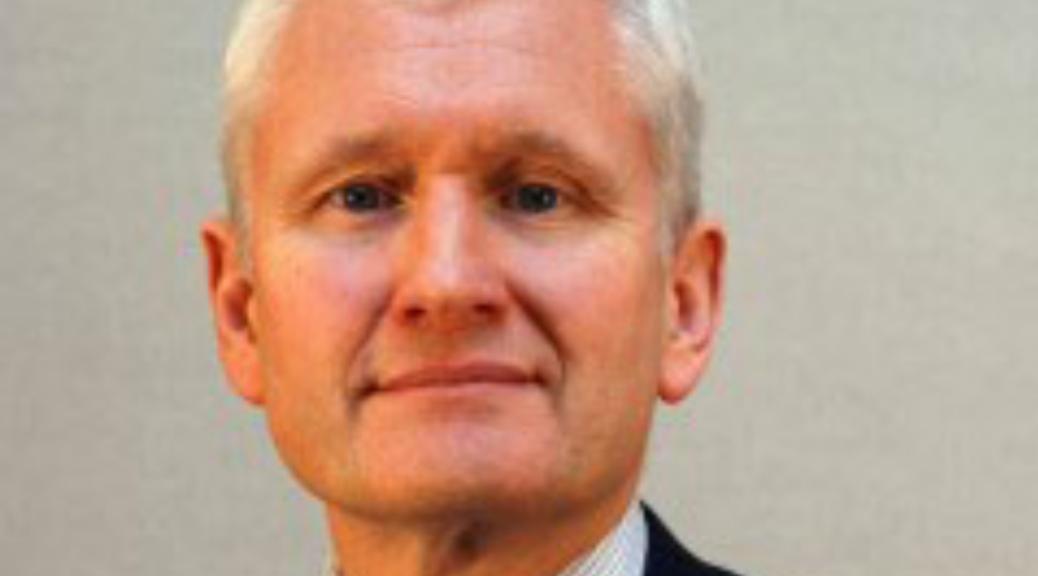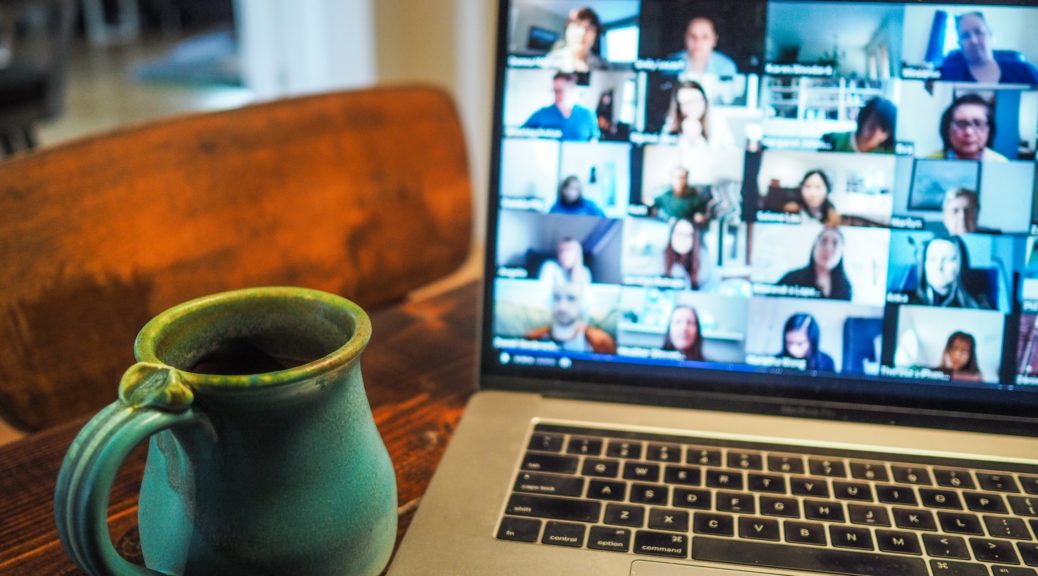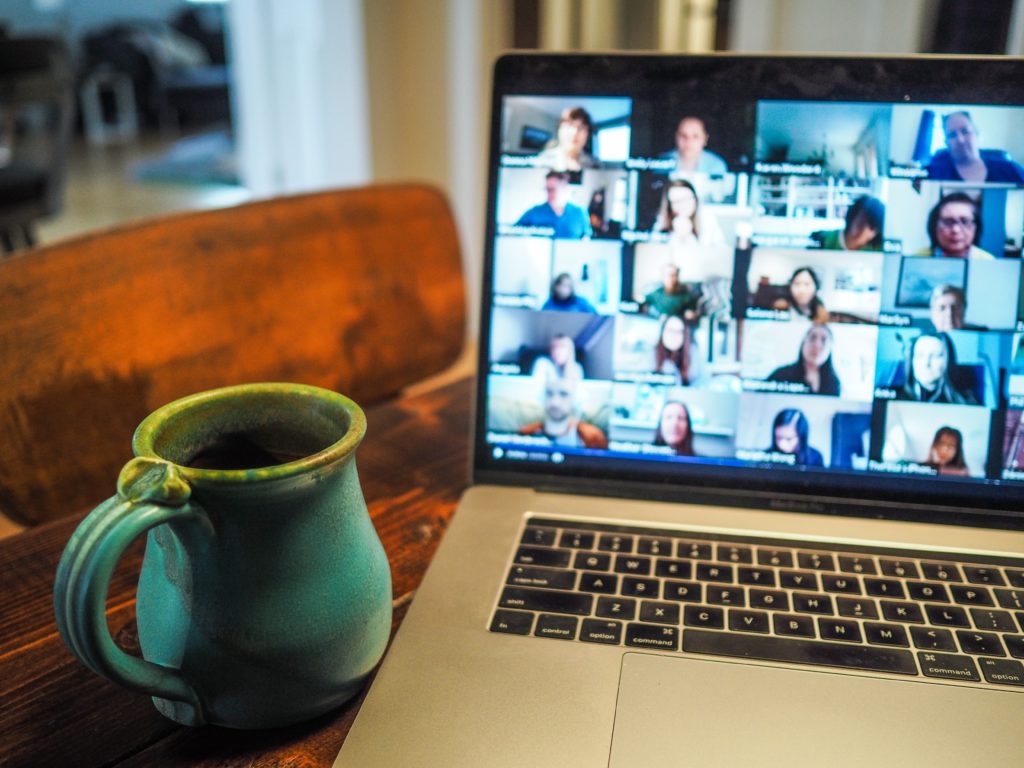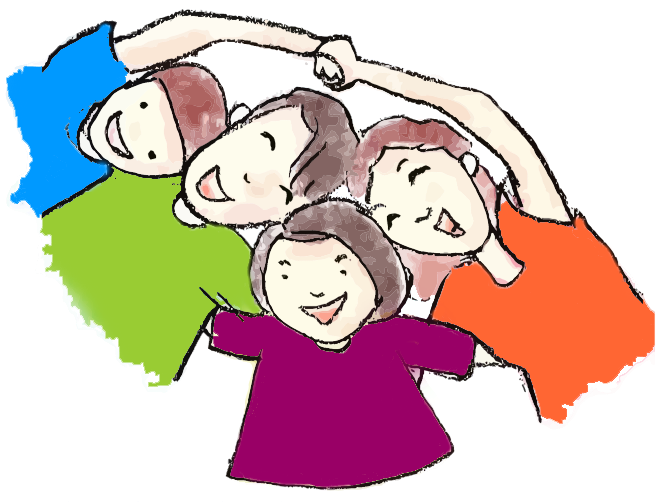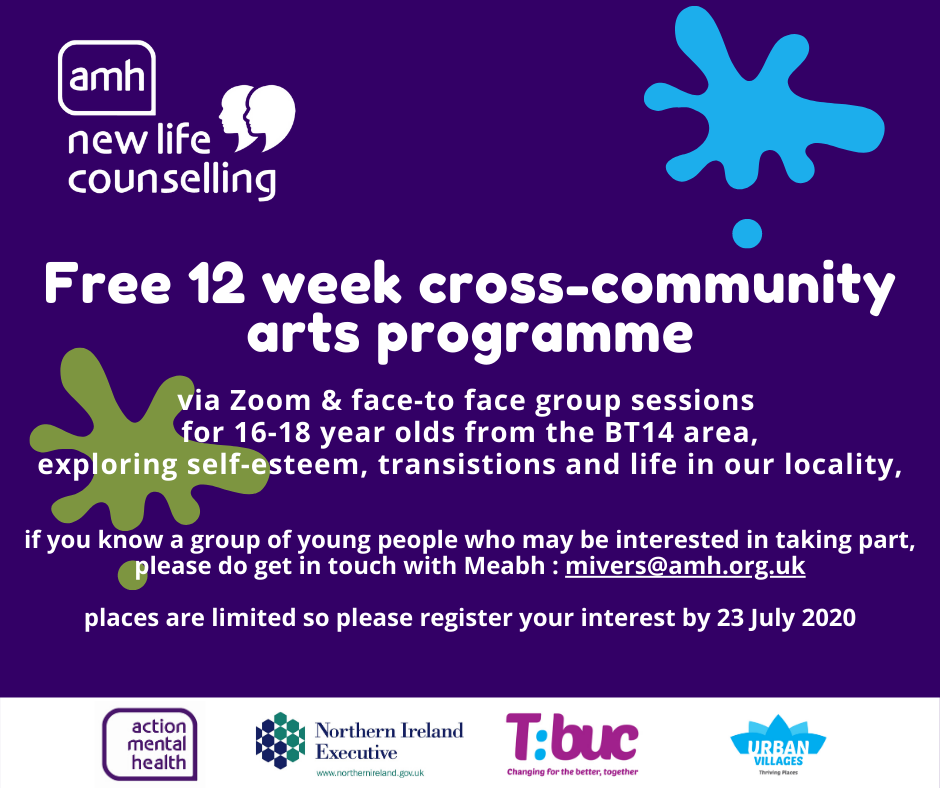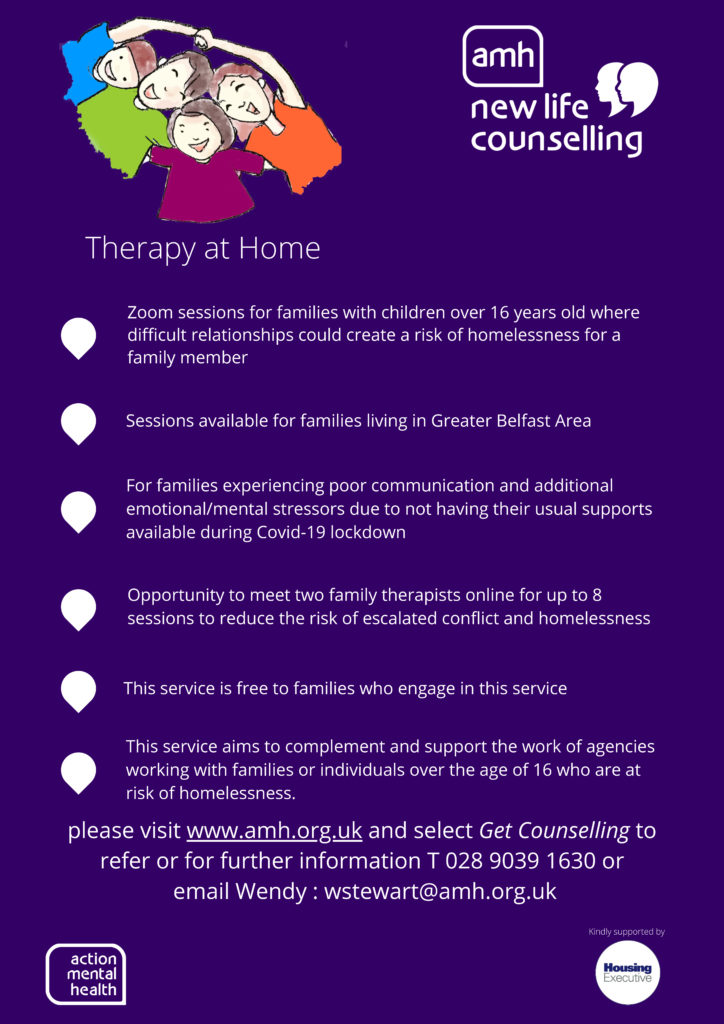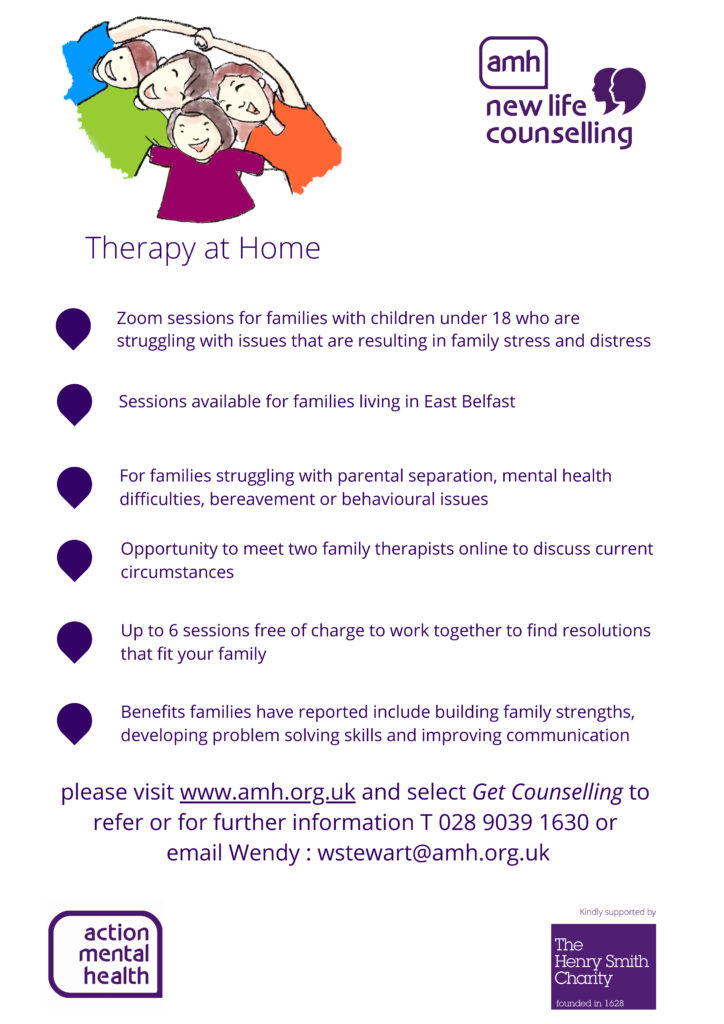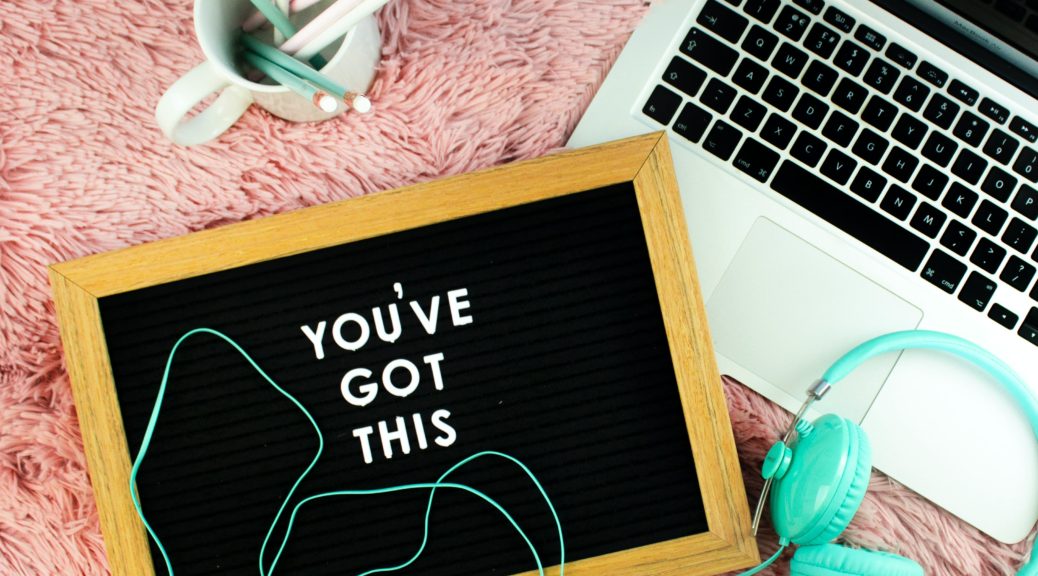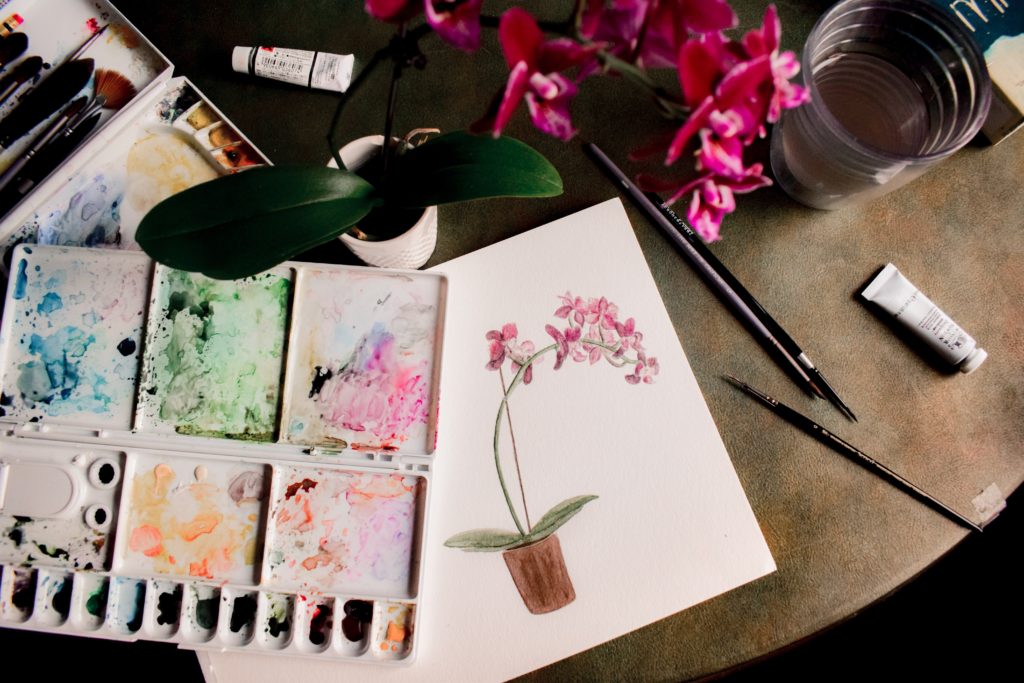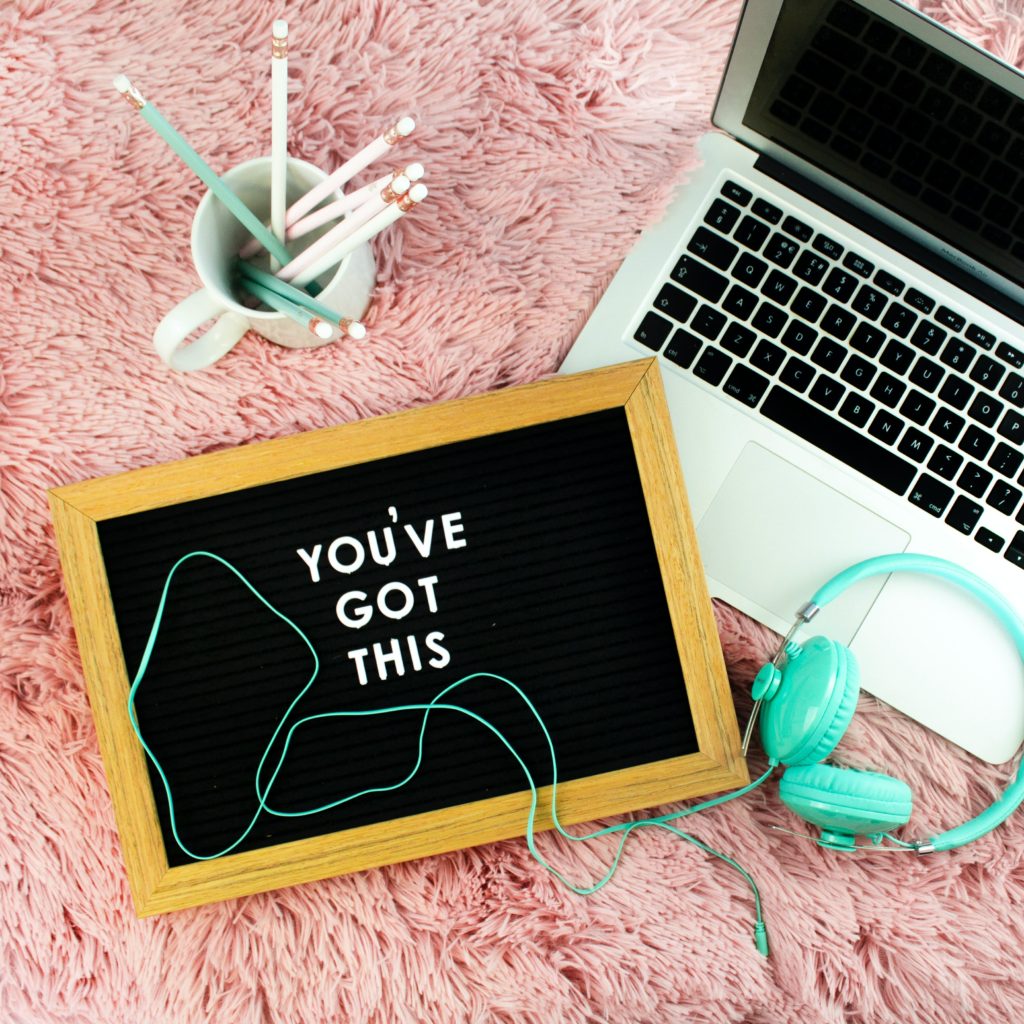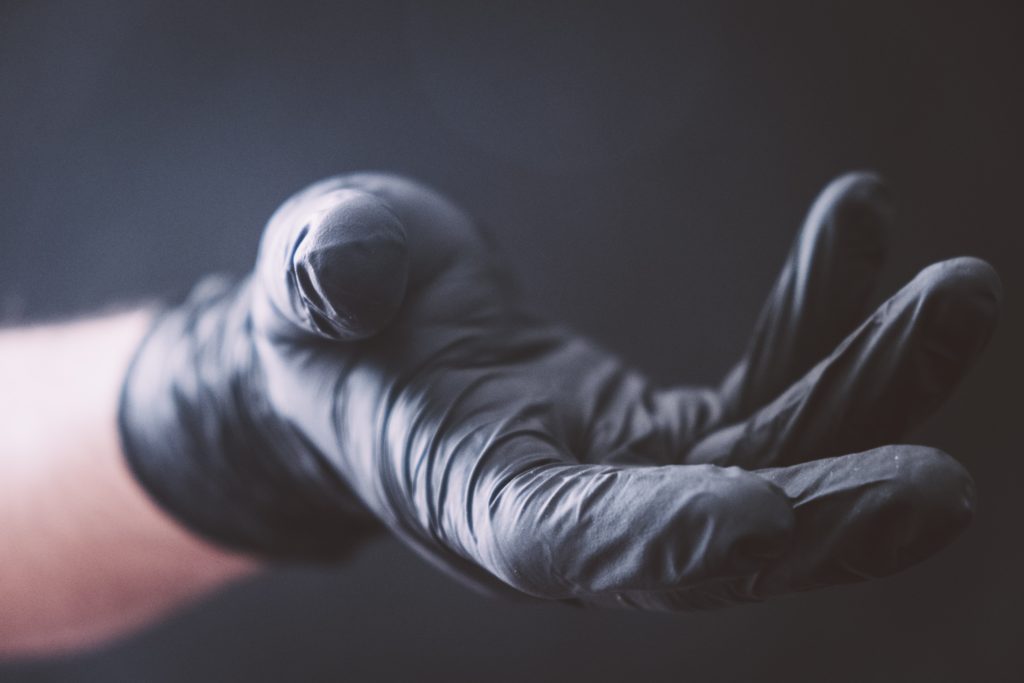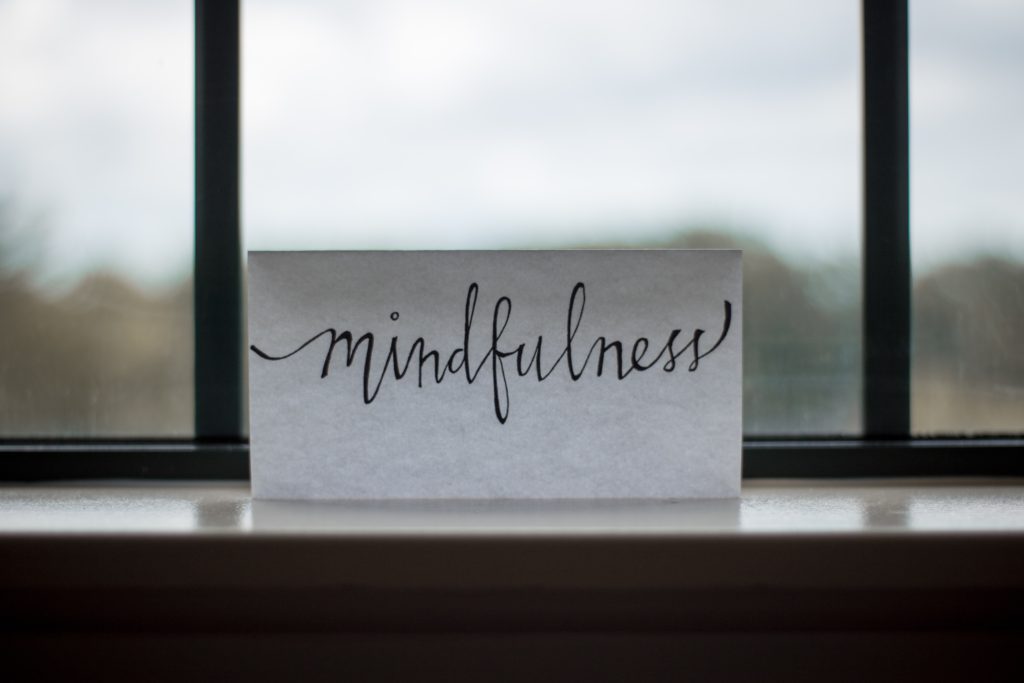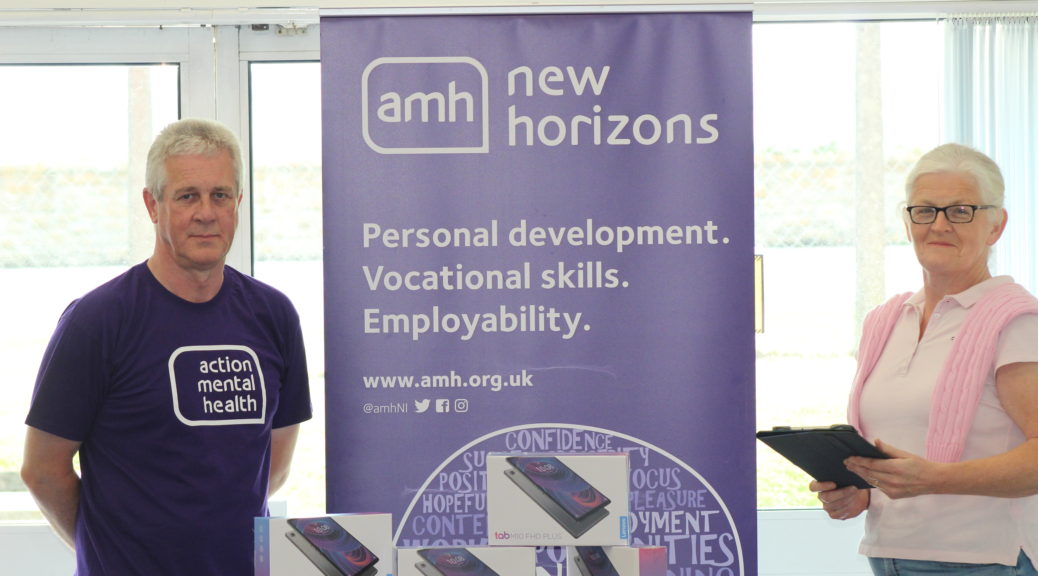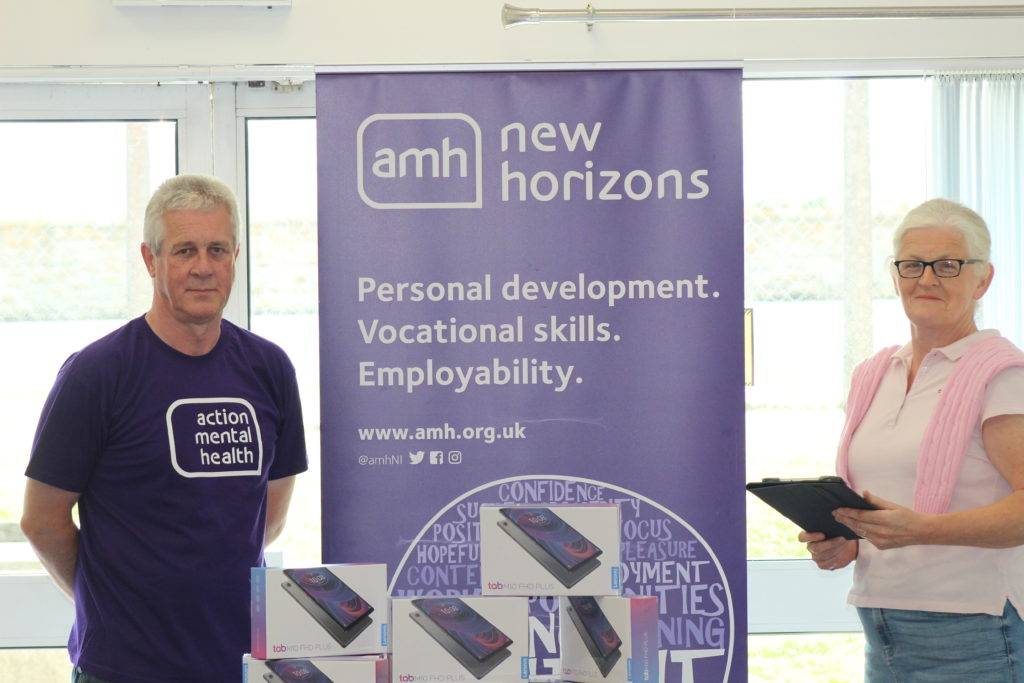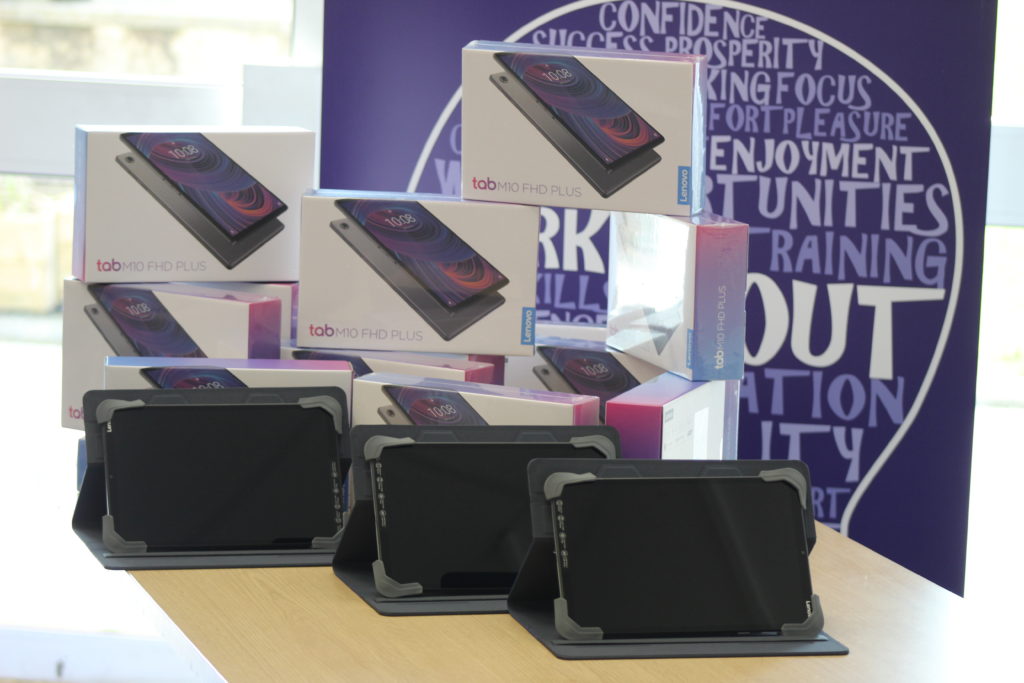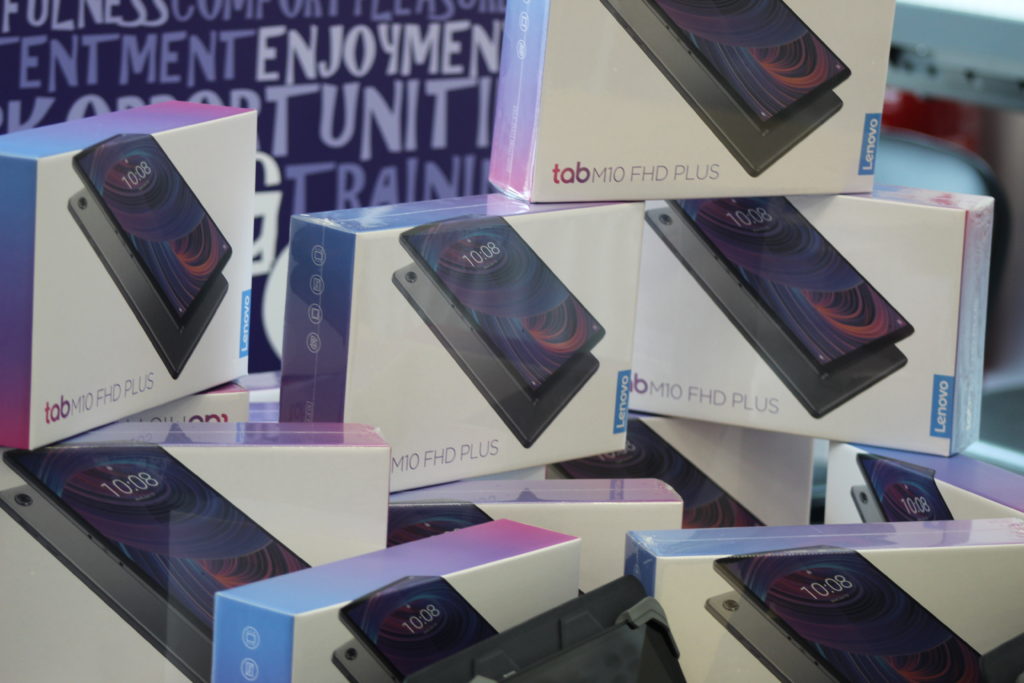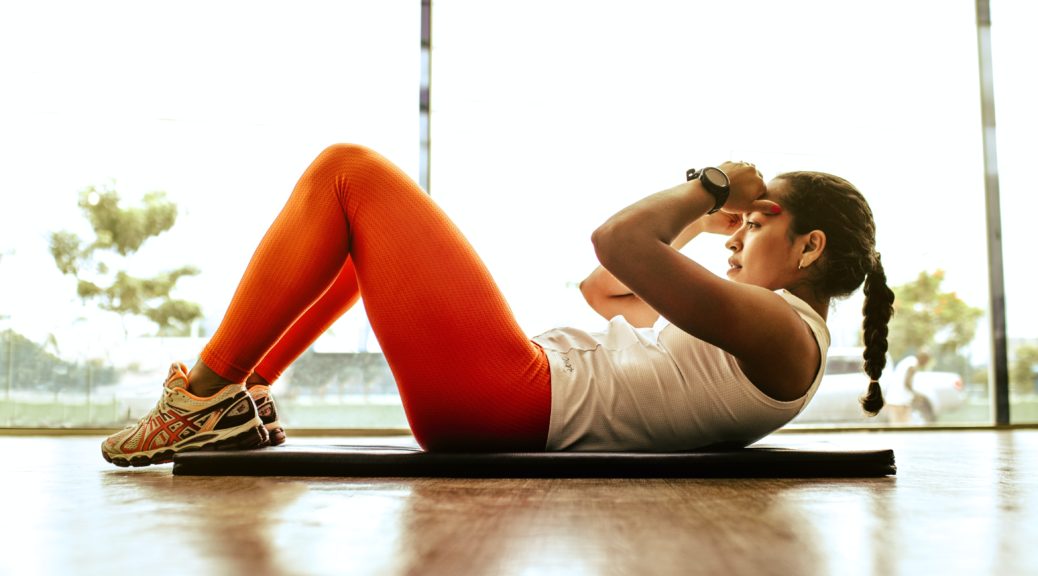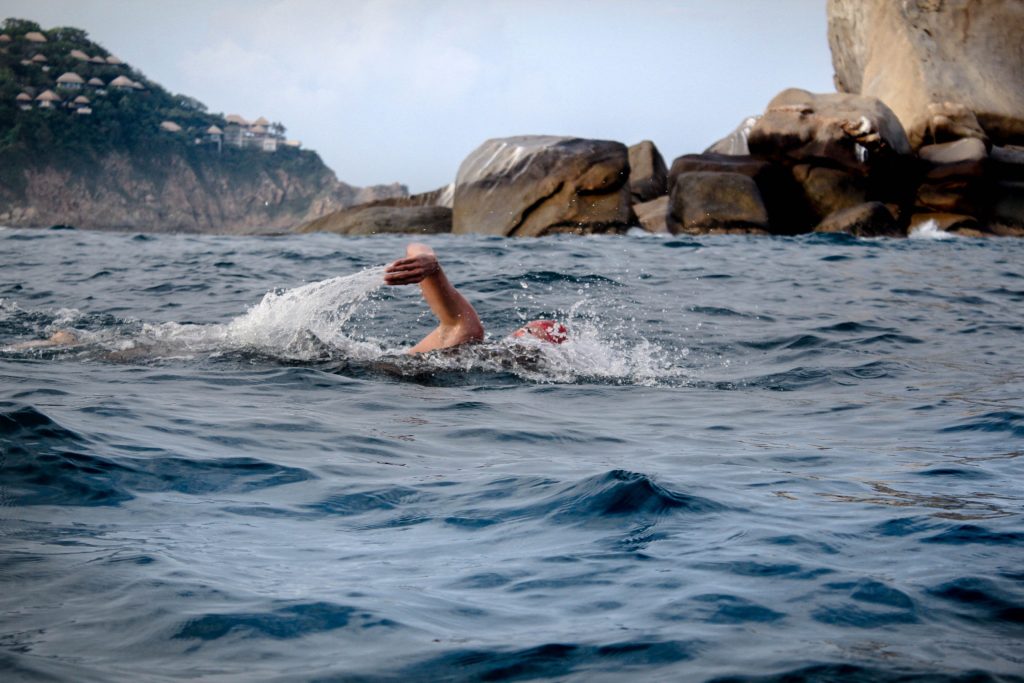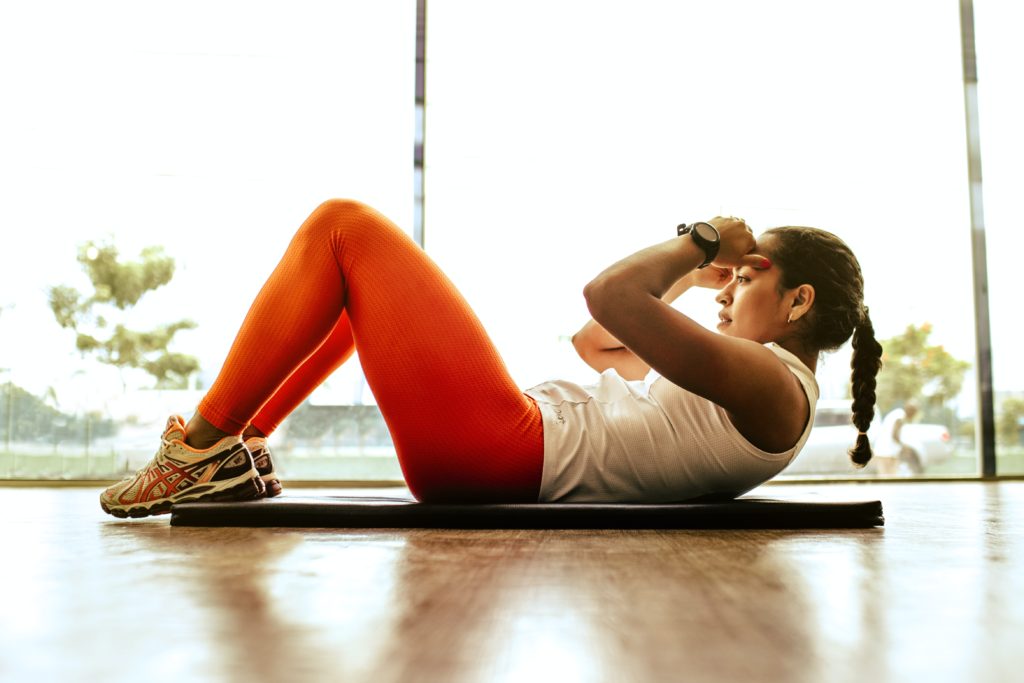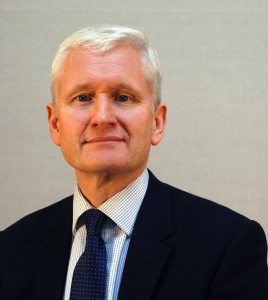
Action Mental Health’s Chief Executive David Babington has been appointed as a member of an important new body designed to influence the shape of Belfast’s future.
Mr Babington joins other leaders from the voluntary, community and social enterprise sectors, to advocate their views and to influence and advise the city’s Community Planning Partnership in taking forward Belfast’s long term strategy for the future – the Belfast Agenda, and the community planning process in Belfast.
The sectoral advisory panel was initiated by Belfast City Council in late 2019 and plans to enhance participation of the community, voluntary and social enterprise (VCSE) sectors in community planning. It will also play a key role in shaping how people are engaged n future city plans for delivering better services and improving citizen well-being.
Sitting alongside the panel is a wider network of organisations from across the city’s VCSE sectors and key to the panel’s work is improving communication and providing feedback to this network on panel activity, achievements, and impact.
Chair of the panel, Irene Sherry from Ashton Community Trust said,
“We are all looking forward to the challenges ahead as we bring our experience of working with people and communities to the heart of decision making in this city. There is an opportunity for the community planning partnership to build on the great work that took place in recent months as neighbours, families and communities reconnected during difficult times.
“As we emerge from COVID 19, we want to build on the cross sectoral working that we have all committed to over the last number of months. We want to maintain this momentum and will be meeting over the summer to ensure that the voice of communities shape this city’s recovery and beyond.”
Chair of Belfast City Council’s Strategic Policy and Resources Committee, Councillor Christina Black said,
“We recognise the vital role that community and voluntary organisations play in city life, and this has been very much evident over recent months in responding to the Covid-19 crisis in neighbourhoods across the city. As we look ahead to rebuilding and recovery of our economy and communities over the coming years, strengthening representation and participation from the third sector in community planning is vital to strengthening collaboration, and to ensure that voices of our communities are heard.
We look forward to working with the Panel, and strengthening connections with the voluntary, community and social enterprise sectors in delivering the Belfast Agenda through community planning.”
The complete list of panel members, along with information on how to sign up to the citywide VCSE network can be accessed at www.belfastcity.gov.uk/vcse




